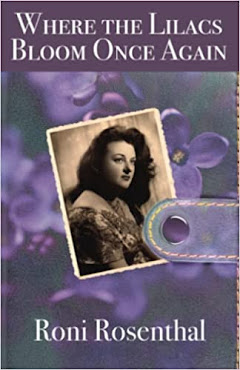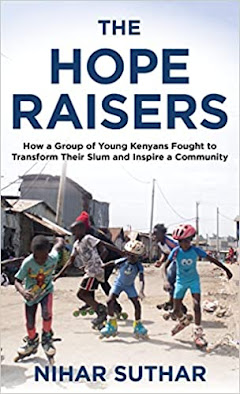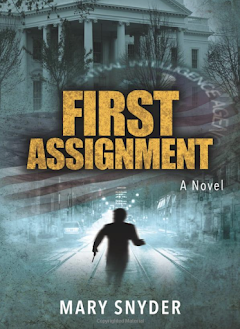
My expository post on Christianity, Exploitation and the Transatlantic Slave Trade was met with criticisms by some of my Facebook friends, who sensed a level of Anti-West or Pro-Islam bias in my writing. The crux of the criticisms centered on my apparent tendency to whitewash the topic of slavery in Africa, while ignoring another form of slavery, wrought by the Muslim Arabs to exploit Africans; and to put in the words of my Facebook friend in a private message: the ‘evil of Islamic slave trade… stole African heritage’. These criticisms, though articulate and much appreciated, erred in the conflation of a number of distinct and mutually exclusive issues. While my earlier post focused on pre-colonial African Slavery and its economic advantages to the slave master’s region vis a vis its economic disadvantages to the region of the enslaved, I think it’s important that any fair rebuttal to my postulations must be limited to slavery and its economic consequences in the pre-colonial world, rather than introducing new issues such as modern day Islamic slavery in Qatar and the economically irrelevant human trafficking in the Arab world. In this post, I will attempt to address some of these issues, with a close emphasis on the institution and economic benefit of slavery in the pre-colonial Sokoto Caliphate, and with the expectation that we can have a friendly and respectable dialogue on the sensitive but important issue of slavery in Africa.
Since this post is largely concerned with ‘Islamic slavery’ or slavery in Islamic societies, to avoid unnecessarily controversy, I think it’s important to give a very brief treatment of Islam’s position on slavery. Islam, when introduced into the Arab world, met and acknowledged the existence of slavery in pre-Islamic Arabia. During the course of its introduction to the region, Islam did not explicitly prohibit the

pre-existing practice, rather it provided decrees and sanctions that aimed to free as many slaves as possible. It is very important for us non-Muslims to acknowledge this fact, because there seems to be a tendency to associate Islam with slavery and other forms of oppressive acts. That certain Islamic societies or Islamic personalities vigorously participate in the practice of slavery, while refusing to emancipate slaves, doesn’t make slavery an Islamic practice. The Islamic position on slavery is what I’ve briefly explained three sentences ago. To add to this, the slave trade on the Indian ocean has been called the ‘Arab Slave Trade’ for so long that it hides the extent to which it was also a European slave trade. When this slave trade from East Africa was at its height in the 18th century and in the early 19th century, the destination of most captives was the European-owned plantation economies of Mauritius and Seychelles- as well as the Americas, via the Cape of Good hope. Besides, Africans laboring as slaves in certain Arab countries in the 18th and 19th centuries were all ultimately serving the European capitalist system which set up a demand for slave-grown products, such as the cloves grown in Zanzibar under the supervision of the Arab masters.
With this general outline in mind, I think we are well equipped and ready to take a closer look at the institution of slavery in an Islamic society. Although slavery in Hausa land has a long history with no specific start date, the practice was ‘institutionalized’ on a large scale, in the region, by the 19th century Sokoto Caliphate. Initiated by the jihad of Uthman Dan Fodio and his followers, the Caliphate sought an Islamisation agenda- through proselytization- in the sparse region constituting much of present-day northern Nigeria. Slaves were acquired, in this Islamic society, by different means (war,punishment, buying, barter etc.) but the most well-known mean of acquisition came about as a consequence of proselytization or active conversion of members of non-muslim tribes. It remains an established tenet of the shari’a that non-muslims who refuse conversion to Islam or subjugation to the status of ahl’al-ahimmi (non-Muslims living under the protection of Muslim authority) or who, on acceptance of the latter, rebelled against (except when oppressed) or subverted the authority of the Islamic state are, on having been reduced to captivity by conquest, legally enslavable. This practice, not unique to the Sokoto Caliphate, was in fact a commonplace in the broader Islamic Africa (Western Sudan) in the 1800s- a period which marked heightened Islamic proselytization. For instance, in the territory encompassing modern day Sudan, new slaves were acquired in war where the elusive frontiers between the Dar al-Islam (House of Islam) and the as yet unconquered Dar al-Harb (House of War or Realm of the Heathens) for centuries, marked off the latter ‘heathen’ or ‘unenlightened’ lands, where enslavement by whatever means (war, raiding, kidnapping, punishment, buying or barter) was a permitted activity. Similarly, slavery by this form of proselytization was enforced in the Sokoto Caliphate.
The Masu Sarauta (ruling class) of the caliphate, united by a common religion- Islam, often saw the disunited non-muslim regions of Hausaland as a huge hunting ground for slaves. It should be noted here, and this is very important, that slavery, during this period, was not solely perpetuated by Muslims. A number of non-muslim tribes of Hausaland and its surrounding societies, provided they had the means to, equally exploited the practice of slavery. The institution of slavery is intrinsic to the evolutionary development of human beings. Every society populated by homo sapiens engaged in this practice at one period or the other.
As we now have a superficial picture of the institution of slavery in the Sokoto Caliphate and how slaves were acquired, I think it’s important to go straight to the main aim of this post: a consideration of the economic benefits of ‘Islamic slavery’, compared to the economic benefits of slavery perpetuated by Europeans. The sensitive nature of the topic of ‘Islamic slavery’ and the existence of slavery in pre-colonial northern Nigeria has resulted in some difficulties in quantifying the extent to which slavery contributed to the Caliphate’s economy; the result of which has seen what some people call a downplay of the existence of slavery as an economic institution in the region. In investigating the Sokoto Caliphate, many scholars have either been reluctant to examine practices that might reflect adversely on the Islamic legitimacy of the Sokoto Caliphate leadership. This difficulty is intensified by the uncertainty surrounding the word ‘plantation’, as used in western slave societies such as the Caribbean and the USA, and the word’s apparent absence in both the Shari’a and Hausa lexicon. Perhaps the closest replacement word for plantation, in Hausa, is gandu, but the problem is that gandu may also indicate a farm (or farms), a group of men, the relationship between the men concerned, a condition of trust, a large farm, a farm owned by a chief by virtue of his office, tribute (or tax), or a store of money (gandun kudi).
But while it remains a general belief that slave labour was used in the Caliphate for small to medium scale agricultural production, the extent of slave utilisation for mass production- on the same scale as plantation agriculture developed by the Europeans in the Americas- remain contentious. It is true that as a result of its exploitation of slave labour, the Caliphate brought some economic growth throughout the region. Emirate officeholders were indeed supported by produce grown by slaves. Nevertheless, the extent of mass production remains uncertain. Islamic slavery certainly did not contribute to the growth and sustained development of nations, like the transatlantic slave trade did with the United States of America (as explained in my previous post on slavery), at the expense of African communities.
Moreover, there are many differences between European plantation agriculture in the Americas and Islamic plantations in Africa. First, the slave trade and market forces were weaker in Africa, and they were often regional rather than intercontinental. Second, the ideological framework for plantation slavery was very different from European norms. In Africa, race was not significant, although cultural and other differences were often emphasized. Third, slaves were treated considerably better by the perpetrators of Islamic slavery in Africa, than they were by the European slave masters in the Americas. Finally, emancipation of slaves was far more common in the Islamic slavery of Africa, than in the European slavery of the Americas.













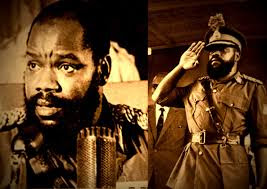

















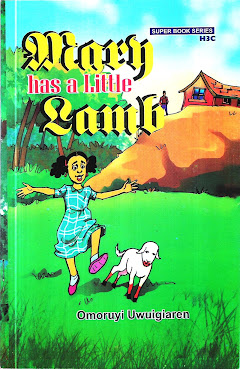
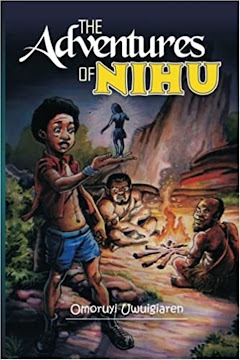


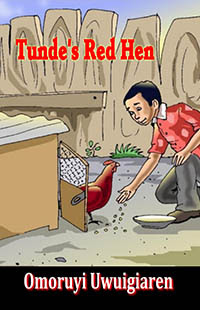
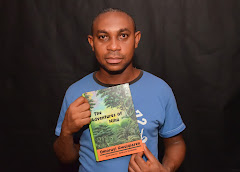
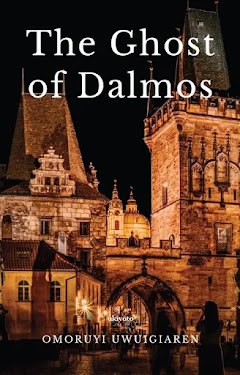


























.jfif)







